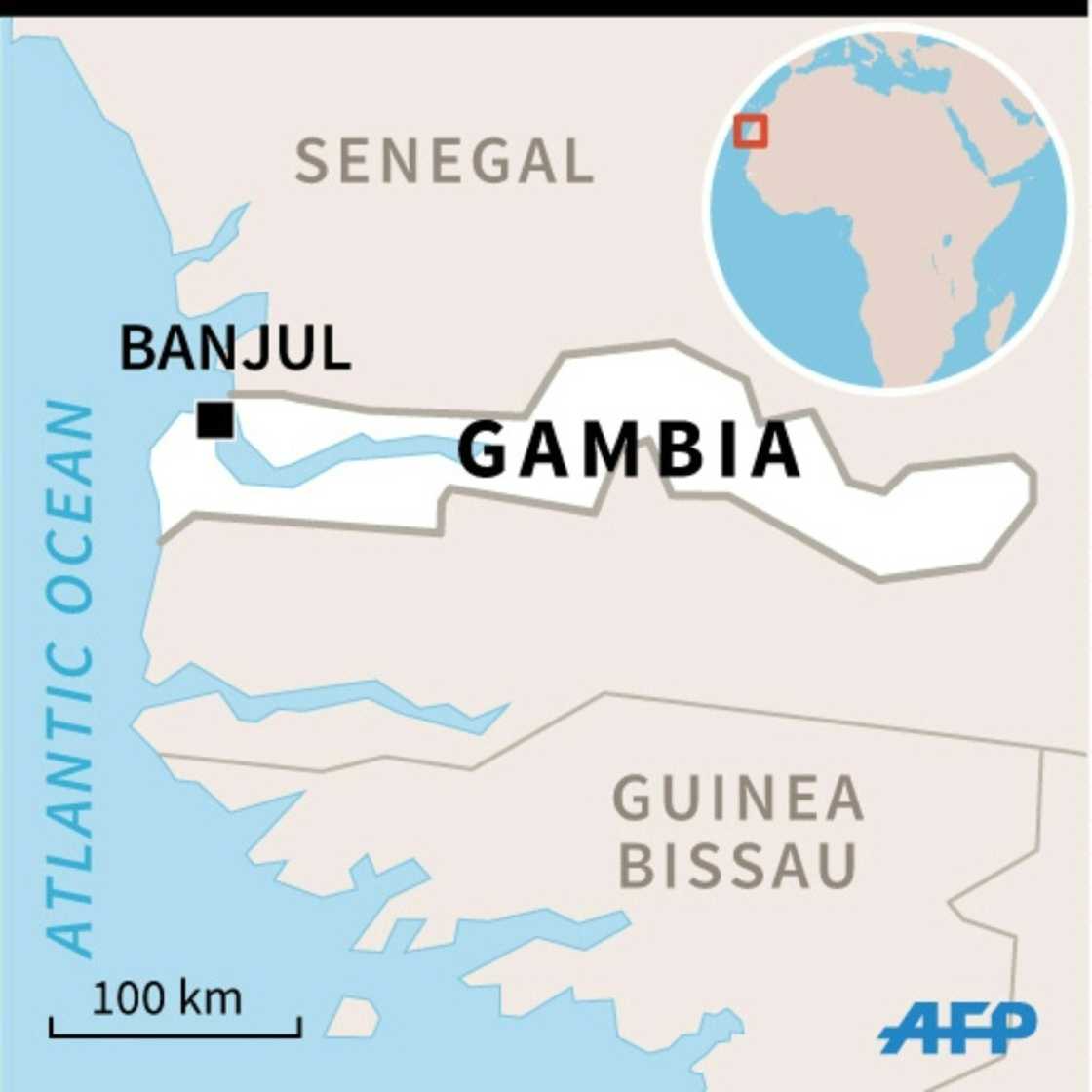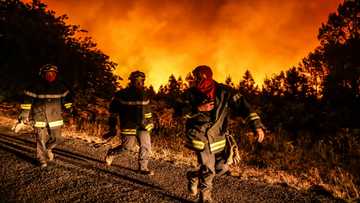Eleven died in Gambia's worst floods in 50 years

Source: AFP
New feature: Check out news exactly for YOU ➡️ find “Recommended for you” block and enjoy!
The Gambia suffered its worst flooding in "nearly half a century" late last month, killing 11 people and internally displacing more than 5,000, its disaster agency said in a report.
Flash floods following heavy rainfall on July 30 and 31 "directly affected" at least 40,000 people, including more than 8,000 children under the age of five, but are likely to have had an impact on hundreds of thousands in total, the National Disaster Management Agency (NDMA) said on Thursday.
The Department of Water Resources recorded 276 millimetres of rainfall in the capital Banjul over the two-day period, it said.
"The suburbs in urban settlements have been the hardest hit", the agency said, with 11 deaths reported and 5,407 people internally displaced.
"Hundreds of houses have been completely or partially damaged and unsafe for human habitation."
Most of the internally displaced -- 52.4 percent of whom are women and girls -- are staying with relatives. The NDMA and Red Cross are housing 350 people at a temporary camp in Banjul.
PAY ATTENTION: Follow us on Instagram - get the most important news directly in your favourite app!
"The historical records of floods date as far back as 1948", the report said, noting that the country's most significant floods were recorded in 1988, 1999, 2002, 2010, 2020 and 2022.
"This shows that the frequency of flash floods and climate related shocks are becoming more persistent", it added.
In the Greater Banjul Area, hundreds of water points and thousands of sanitation facilities were affected by the latest flooding, with water throughout the city appearing "yellowish green with a pungent smell", the agency said.
In Tobacco Road neighbourhood, the sewage system overflowed and mixed with the flood waters.
"Numerous" cases of diarrhoea and skin rashes had been reported there, the agency said, adding there was a "very high" risk of water-borne diseases.
It also said the stagnant waters had attracted attract reptiles in some communities, "posing a risk to the population".
On a visit to affected areas of Banjul last week, President Adama Barrow pledged $46 million for a new water canal project, which he said would be built by the end of the year, media reported.
New feature: Check out news exactly for YOU ➡️ find "Recommended for you" block and enjoy!
Source: AFP



